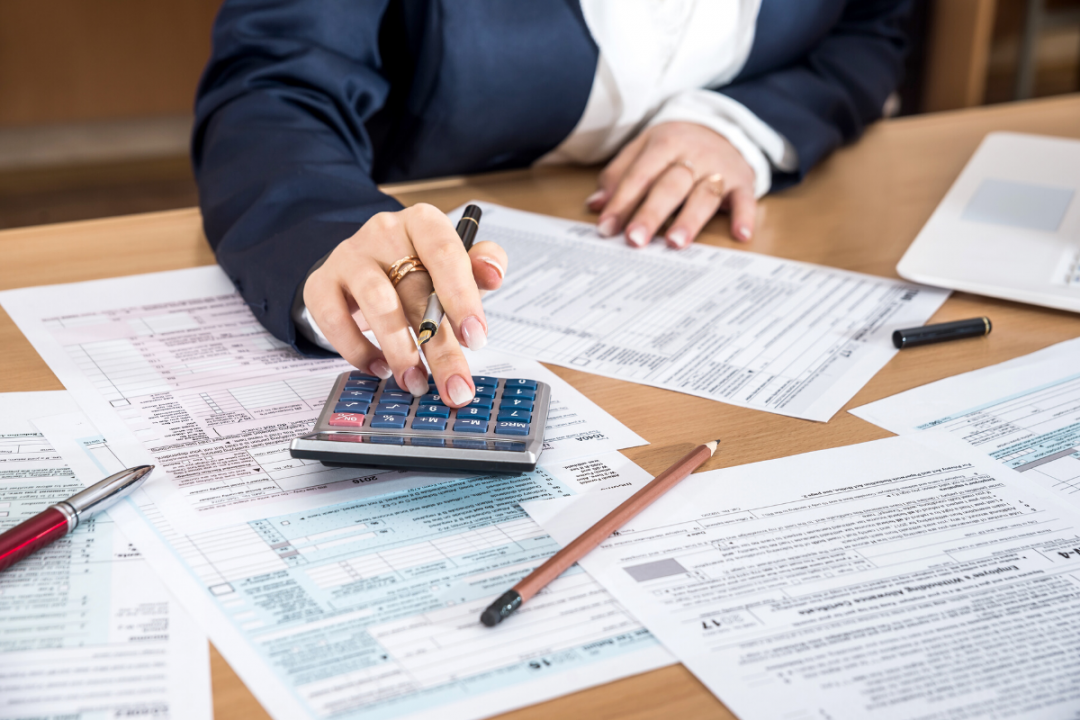The services that a fire protection district provides to its residents are funded, in part, by taxes that are collected on real estate within the geographic boundaries of the fire protection district. No district could get along without those tax dollars. But not all real estate within the district is taxed. For example, it wouldn’t make sense for a fire protection district to pay taxes to itself on the real estate that the district owns, like the fire house. And, if the fire district paid taxes to other taxing districts, then we would have tax monies collected from real estate taxes being paid for real estate taxes. Kind of a strange use of tax dollars.
As a result, units of local government in Illinois – like a fire protection district –aren’t required to pay real estate taxes on real estate that the district owns, as long as the real estate is used for governmental purposes.
There’s a catch, however: the county officials that assess the taxes need to know that the real estate is owned by the fire district, and that it is used for qualifying fire service purposes. If the fire district’s property is not shown as exempt on the tax rolls, real estate taxes may become due. In many cases, a township assessor or county taxing authority will automatically renew a district’s exemption from year to year. But this isn’t always the case. And even if it’s happened in the past, that’s no guarantee that it will happen that way in the future.
As a result, it is the fire district’s responsibility to see that the county taxing records are correct about real estate that the district owns. At the start of each new year, the trustees should check, to make certain that all real estate that the district owns is correctly shown as exempt on county real estate tax records, so that no real estate taxes potentially become due.
